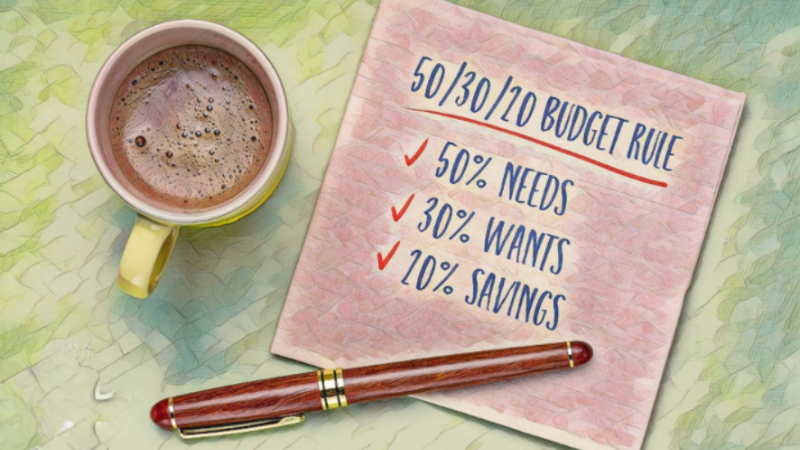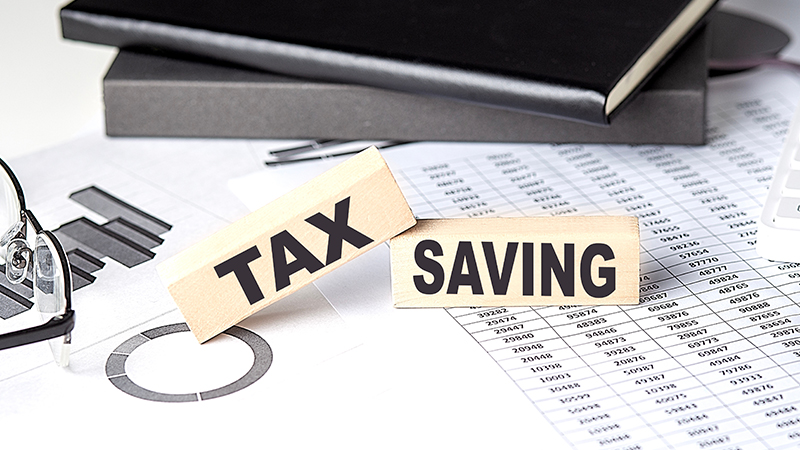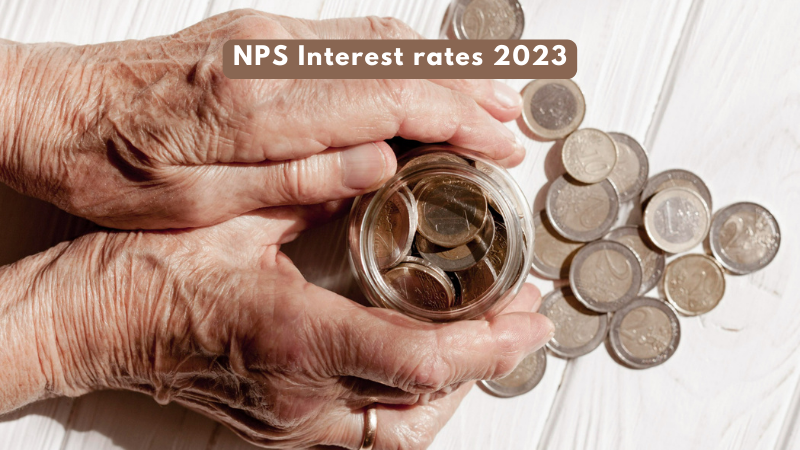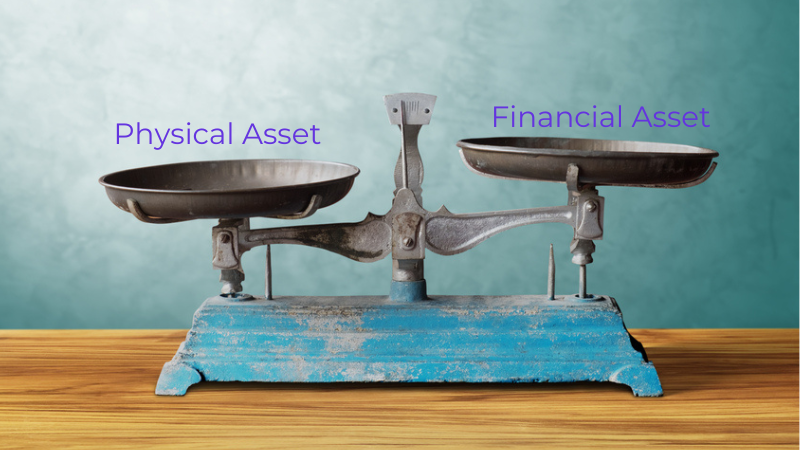
Introduction
The new financial year will begin soon and also bring a lot more investment opportunities. Along with an opportunity to make more money, there are also a few important dates that should not be missed either. These dates are related to a few mandatory requirements that need to be adhered to by taxpayers and investors to avoid any last-minute hassles or losses in the form of penalties or fines for missing the deadlines.
Here are some of the important dates from January to December 2023 and the action that needs to be taken.
Read More: EPF: All you need to know
15 Important financial deadlines for the year 2023
1. Last date to verify belated and revised returns for Financial Year 21-22
The last date to file a return under the Income Tax Act is July 31st for individual taxpayers. However, the Income Tax Act, 1961 also allows taxpayers to file revised returns or belated returns in case of any missed or incorrect information in the original returns. This is applicable even if the taxpayers have missed the original deadline.
The process of filing is however not completed till such an ITR is duly verified. As per the Income Tax Act provisions and the related rules, the ITR must be verified within 120 days from the date it is filed.
This duration was however revised and reduced to 30 days from the date of filing the ITR and is effective from 1st August 2022. The department will initiate the processing of the return only after its verification. If the taxpayer fails to verify the ITR, it will be considered not to have been filed in the first place. The due date for verifying the revised ITRs and belated ITRs for FY 21-22 filled on 31st December 2022 is January 30th, 2023.
2. Last date to apply for a higher pension under EPS
The Supreme Court ruling has permitted eligible members to contribute more to the EPS (Employees Pension Scheme) provided they meet the required conditions. The final verdict in this regard was announced on 4th November 2022 and accordingly, eligible members are given 4 months to apply for higher pensions in their retirement. The due date as per this verdict to apply for getting a higher pension is 3rd March 2023. Any application post this due date will not be entertained. The guidelines from EPFO concerning the process of selecting and filing for such higher pensions are awaited.
The eligible members who can apply for a higher pension as per the Supreme Court are
- Members who have contributed on salary exceeding the prevailing wage ceiling at such time of Rs. 5,000 to Rs. 6,500
- Members who have exercised the joint option under the pre-amendment scheme of EPS while being a member of EPS-95.
- Members whose choice to exercise such an option was declined or rejected by EPFO
The eligible members will have to visit the EPFO office with proper documentation supporting their application. The process to apply for a higher pension is given here.
- The request for a higher pension has to be made in the form and manner as may be specified by the Commissioner.
- The application form for the purpose of validation has to mention the disclaimer as per the government notification.
- The pensioner has to give explicit consent in the application form in case of any share transfer from PF to Pension Fund for adjustment.
- For funds transfer from exempted PF trust to the EPFO pension fund, an express undertaking from the trustee needs to be submitted. This undertaking will be to the effect that all the due contributions including interest accrued up to the payment date will be duly deposited within the specified time frame.
3. Deadline to pay advance tax for Financial Year 2022-23
According to Section 208 of the Income Tax Act any person having a tax liability of more than Rs. 10,000 is required to pay such tax in advance. The due dates for filing such advance tax are mentioned under section 211 of the Act. Accordingly, the last date to pay advance tax for the quarter ending 31st March 2023 is 15th March 2023. Any default in payment of advance tax is subject to penalties under sections 234B and 243C.
4. Deadline for senior citizens to invest in the guaranteed pension scheme
The Central Government introduced the Pradhan Mantri Vaya Vandana Yojana which was an insurance-cum-pension initiative to provide assured pensions to senior citizens in their retirement. The scheme was originally available between 4th May 2017 to 31st March 2020 but was later extended for further 3 financial years up to 31st March 2023.
Under this scheme, investors get a guaranteed pension at the rate of 7.4% for 10 years which can be between Rs. 1,000 to Rs. 9,250 per month. The payment can be after 1 month, 3 months, 6 months, or after a year of investment.
5. Deadline for PAN-Aadhar linking
The Government has made the linking of PAN cards and Aadhaar Cards mandatory and has been extending the deadline for the same on many occasions. This deadline has been extended again and the revised deadline for the same is 31st March 2023. The PAN cards that are not linked to Aadhaar cards will become inoperative post this deadline as of 1st April 2023.
6. Last day to claim deductions for eligible investments and expenditures under Chapter VIA for FY 22-23
In the Budget of 2020, the government introduced the option for taxpayers to file their tax returns as per the existing tax regime or as per the revised / new tax regime under section 115BAC.
Under the new tax regime, taxpayers are not allowed to claim any deductions under Chapter VI of the Act. However, this option is still available under the old tax regime. Therefore, to be eligible to claim a deduction for eligible investments and expenditures under various sections of Chapter VI A (like sections 80C, 80D, 80DD, 80G, 80U, 80TTA, etc.), taxpayers have to ensure that all the relevant investments and expenditures are completed before 31st March 2023 (last day of the financial year).
7. Deadline for claiming deduction under section 80EEB ( loan for electric vehicles)
The government has been giving a lot of push for the Electric Vehicle (EV) segment in recent years. One of the many incentives for this sector includes a deduction for loans taken to purchase electric vehicles under section 80EEB up to Rs. 1,50,000 which was introduced in 2019. The validity of this deduction will not be available from 1st April 2023. Therefore, the last date to be eligible for this deduction under section 80EEB is 31st March 2023.
8. Deadline to file Form 10F manually
Form 10F is to be filled by Non-Resident taxpayers who want to avoid taxes on their income in two different countries and claim benefits under the Double Tax Avoidance Agreement (DTAA). Income from Non-resident taxpayers is also taxable as per Income Tax Act in certain conditions.
By providing Form 10F, non-resident taxpayers can avoid paying dual taxes and deductions of taxes on eligible income earned in India. Form 10F has to be filed online on the Income Tax portal but as non-resident taxpayers do not have a valid PAN card the Department has permitted such taxpayers to submit Form 10F manually. The last date for manually submitting Form 10F is 31st march 2023.
9. The last date to file updated ITR for FY 2019-20
Taxpayers who have missed filing of ITR for FY 2019-20 or have missed reporting any income in such ITR can file an updated ITR or ITR-U. ITR-U was introduced by the government in the budget 2022 and provides taxpayers an opportunity to file ITR. This ITR can be filed within 2 years from the completion of the corresponding assessment years. The last date to file ITR-U for FY 2019-20 is 31st March 2023.
10. Last day to set up internal ombudsman for CICs
As per the revised requirement from the Reserve Bank of India, the credit rating agencies or the credit information companies in the country are required to set up an internal ombudsman by the last date of FY 22-23, i.e., 31st March 2023.
The above details have shown many important deadlines on the last day of the financial year. These key dates mentioned above are tabled hereunder.
| Due Date | Description |
| 31st March 2023 | Last date to link PAN Card and Aadhaar Card |
| 31st March 2023 | Last date to complete investments and expenditures to claim deduction under Chapter VIA of Income Tax Act, 1961 |
| 31st March 2023 | Last date to invest in PMVVY |
| 31st March 2023 | Last date to claim deduction under section 80EEB |
| 31st March 2023 | Last date to file updated ITR for FY 2019-20 |
| 31st March 2023 | Last date to file Form 10F manually |
| 31st March 2023 | Last date to set up internal ombudsman for CICs |
11. Last date for advance tax payment for Q1, Q2, and Q3 of FY 23-24
Payment of advance tax is as per section 209 of the Income Tax Act and is to be paid in each quarter according to the due dates as per section 211 of the Act. The due dates for the advance tax payments for FY 23-24 in the calendar year 2023 are tabled below.
| Due Date for Payment of Advance Tax in 2023 | Percentage of total tax liability payable as advance tax |
| On or Before 15th June | 15% of Tax Payable |
| On or Before 15th September | 45% of Tax Payable |
| On or Before 15th December | 75% of Tax Payable |
12. Last date to receive Form 16 for FY 22-23
The salary received from the employer is net of the taxes that are deducted at source as per the TDS provisions. The details of these taxes are available at the end of the year in Form 16. The last date to receive Form 16 from the employer is 15th June 2023. After receiving this document, taxpayers can file the relevant ITR by logging into the Income Tax Portal.
13. Last date for filing ITR for individual and non-audit taxpayers
Every individual taxpayer is required to file an income tax return under section 139(1). It refers to the original tax return that has to be filed for every financial year within the due date. The due date to file ITR for individual taxpayers for FY 22-23 is 31st July 2023. This date is subject to change in case of any extension announced by CBDT (Central Board of Direct Taxes) in due course.
14. Last date for submission of life certificates by pensioners
The government pensioners are required to submit their life certificates to claim pensions under the government schemes. The last date to submit these certificates is 30th November 2023 for FY 23-24. Super senior citizens (citizens over 80 years of age) are further allowed to submit their life certificates from 1st October 2023.
15. Last date to file belated and revised tax returns for FY 22-23
Taxpayers are allowed to file revised or belated tax returns in case of any errors or mistakes in the original return or in case of not filing it at the original due date. The due date for filing such a revised return or belated return FY 22-23 is 31st December 2023.
16. Deadline for Demat Account Nomination
The deadline for adding a nominee to your Demat accounts is 31st March 2023. If you miss out on appointing a nominee, your Demat accounts will be frozen for debits. Earlier SEBI had set the last date for the nomination as March 31 2022.
If you have not submitted nomination details till date and intend to submit your nomination or opt out of nomination, you will be allowed to do so by way of two factor authentication login on trading platforms for stock brokers or depository participants providing such service.
Conclusion
The start of the new year brings in many important financial events that cannot be ignored. Investors and taxpayers have to adhere to these due dates diligently to avoid any cases of fines or penalties or excess payment in the form of interest on amounts due. There have been many changes in the due dates to file ITRs for the benefit of taxpayers over the past years. These changes are duly notified by the CBDT through notifications to ensure that taxpayers get enough opportunities to take due action and not miss an important deadline.
FAQs
The important due dates for taxpayers required to comply with tax audit provisions are 30th September of the assessment year corresponding to the relevant financial year to file the Tax audit report (Form 3CA, Form 3CB, and Form 3CD) and 31st October to file the relevant ITR in such cases
Taxpayers failing to file their ITRs as per the provisions of section 139(1) are liable to face the following consequences
1. Liable to pay interest under section 234A at the rate of 1% per month on the tax liability.
2. Liable to pay a penalty under section 234F of Rs. 5,000 if total taxable income exceeds Rs. 5,00,000 (penalty is Rs. 1,000 otherwise)
3. Loss of chance to carry forward and set off eligible losses in subsequent financial years.
4. Opportunity to file a belated return by 31st December of the assessment year corresponding to the relevant financial year.
If the taxpayer does not verify their ITR within the specified due date of 30 days from filing such ITR, the said ITR will be considered to be not duly filed. The taxpayer will then have to face penalties applicable for non-filing of the ITR as per the provisions of the Income Tax Act 1961.
Individuals over the age of 60 years are eligible to invest in the PMVVY and get assured pension benefits for a period of 10 years.



























